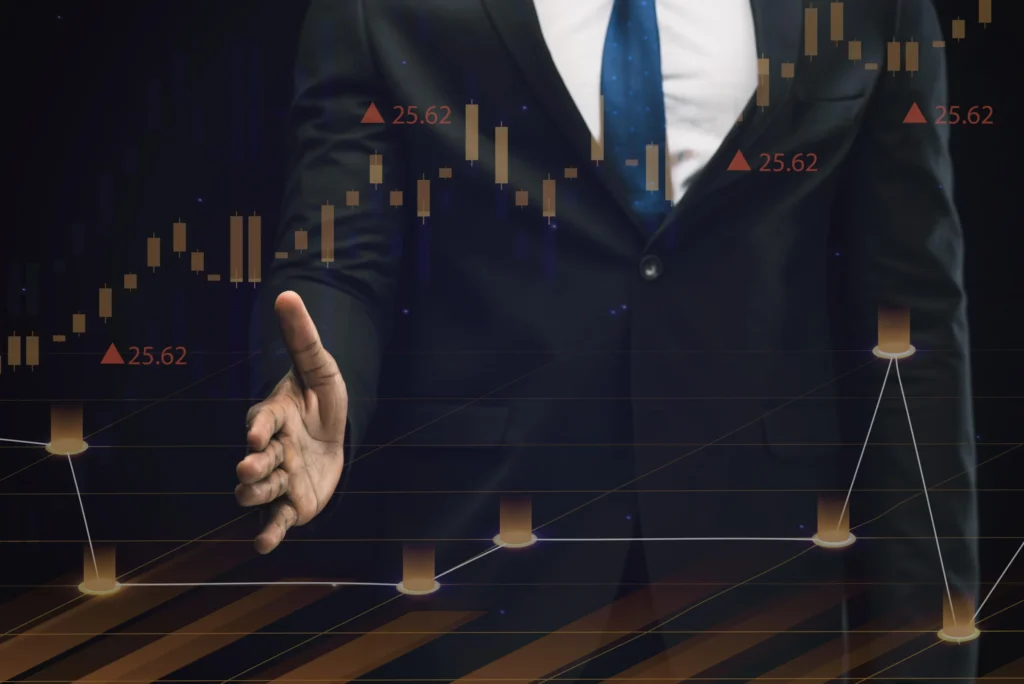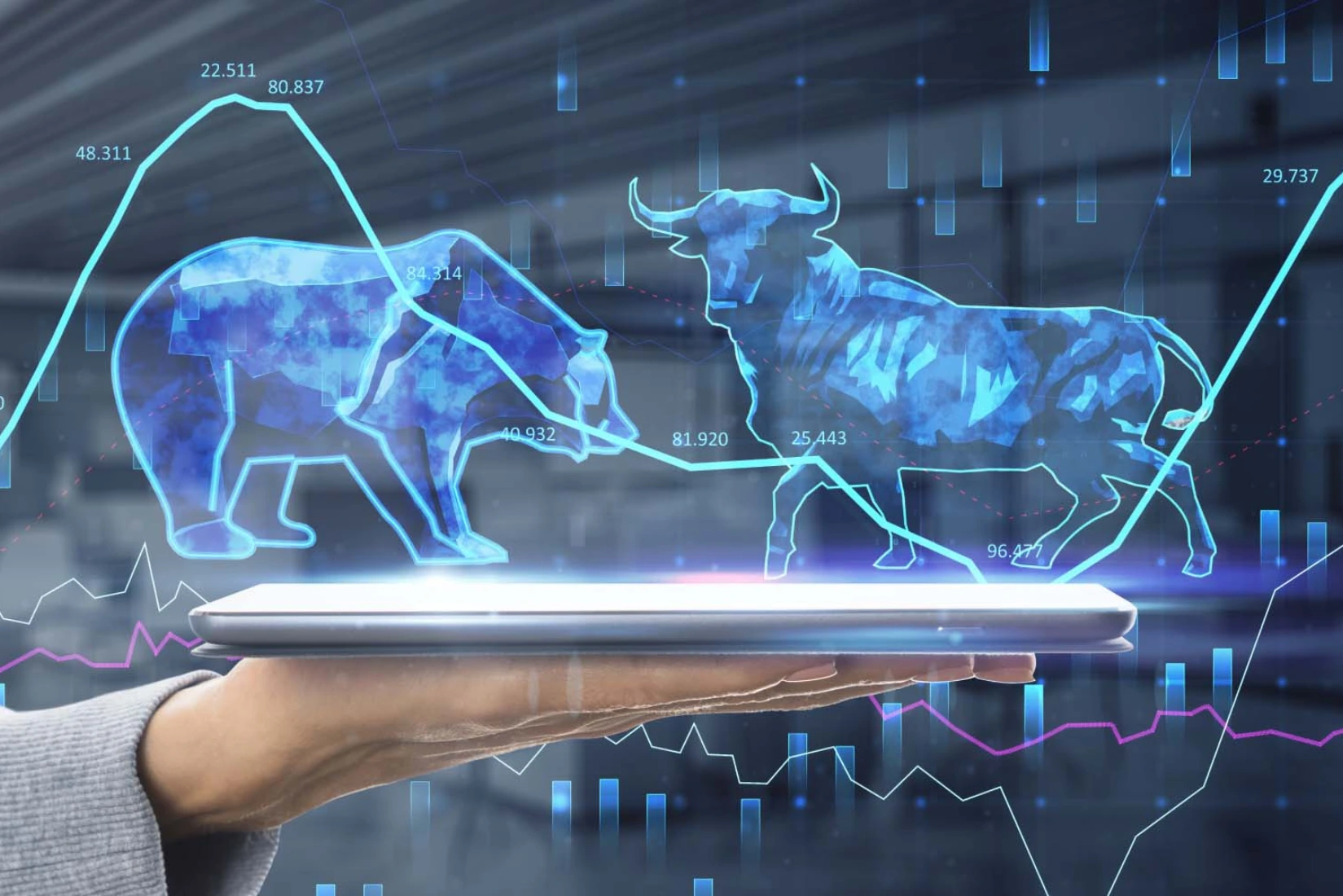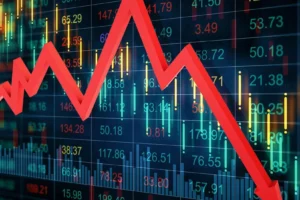Contract Trading Explained: A Wild Ride with Real Rewards (and Risks)
Let’s not beat around the bush—contract trading is not your average stroll through the stock market. It’s fast, aggressive, and sometimes downright brutal. But if you ask many traders? It’s also kind of irresistible.
Why? Because it turns market speculation into an all-or-nothing game where the stakes are high and the adrenaline is real. You’re not buying assets. You’re making educated bets on where the price will go—and if you’re right, the payoff can be sweet. But get it wrong, and yeah, it stings.
So, What Is Contract Trading?
At its core, contract trading is about speculating on price movements without owning the asset. Whether it’s Bitcoin, oil, or Tesla stock—you’re entering into a contract that mirrors the price of that asset. If the price goes the way you predicted, you make money. If it doesn’t… well, tough luck.
And no, this isn’t some fringe Wall Street fantasy. This is happening every day on major platforms like Binance, OKX, and Bybit.
You’ll hear terms like futures, perpetuals, or leverage thrown around a lot. It all boils down to this: traders want exposure to market moves—often with more money than they actually have in their accounts. And that, my friend, is where the fun (and fear) begins.


Why People Are Obsessed with Contract Trading
You ever wonder why so many people jump into this high-stakes game? Simple. Because it’s fast, it’s flexible, and frankly, it scratches the itch for people who want more than passive gains.
Let’s break it down:
- Leverage – This is the hook. With 10x or 50x leverage, you can amplify gains massively. But of course, losses are amplified too. It’s a double-edged sword, no question.
- Going Short – Tired of waiting for the market to go up? In contract trading, you can profit when prices drop. That alone is a game-changer.
- No Asset Hassles – You don’t need to store gold bars or secure your crypto wallet. You’re trading price exposure, not physical goods.
Is it risky? Oh, absolutely. But for a certain kind of trader—the spreadsheet-loving, chart-staring, thrill-seeking type—it’s hard to look away.


But Let’s Be Honest—It’s Not for Everyone
Here’s the part many platforms gloss over: contract trading can wipe you out if you don’t know what you’re doing.
Some of the biggest issues I’ve seen?
- Liquidation Risk – If the market moves against your leveraged position? You’re toast. The platform auto-closes your trade to protect itself—not you.
- Overconfidence – Leverage gives people a false sense of control. “I’ll just trade small and use 25x,” they say—right before they blow their account.
- Mental Burnout – Watching your profits evaporate in seconds is not exactly soothing. If you’ve got a weak stomach, this isn’t your arena.


So, Who Should Be Doing This?
Honestly? Only people who are willing to put in the work. If you think trading contracts is a shortcut to getting rich, please—do yourself a favor and walk away. It’s not.
But if you enjoy markets, know your way around risk, and can emotionally handle the ups and downs? Then contract trading might be your thing. Just don’t kid yourself: you need discipline, strategy, and yes, a tolerance for chaos.

Platforms That Offer Contract Trading (And Why You Should Read the Fine Print)
You’ve probably seen names like:
- Binance
- Bybit
- OKX
- BitMEX
These platforms offer different types of contracts, margin options, and sometimes confusing fee structures. Some are beginner-friendly. Some are… less so. And nearly all of them offer demo trading, which I believe every newcomer should try—before risking a single dollar.
Final Thoughts: Is Contract Trading Worth the Hype?
Here’s my take: contract trading is a tool. A powerful one. But just like a chainsaw, it can build or destroy—depending on how you use it.
Too many people treat it like a casino. That’s a mistake. The real edge comes from education, practice, and understanding the rules of the game. If you bring those to the table, contract trading can be a legitimate, strategic part of your market playbook.
But don’t fall for the hype. Know the risks. Know yourself.
And when in doubt? Trade small. Trade smart.
Relevant Link : Contract Trading Explained: A Practical Guide for Curious Traders




